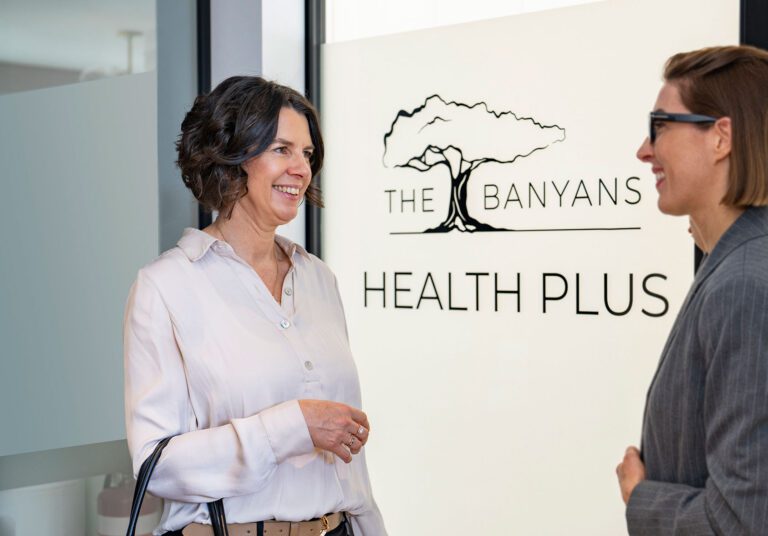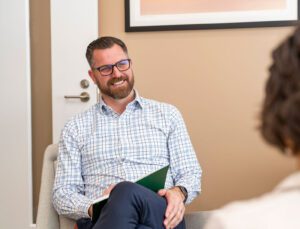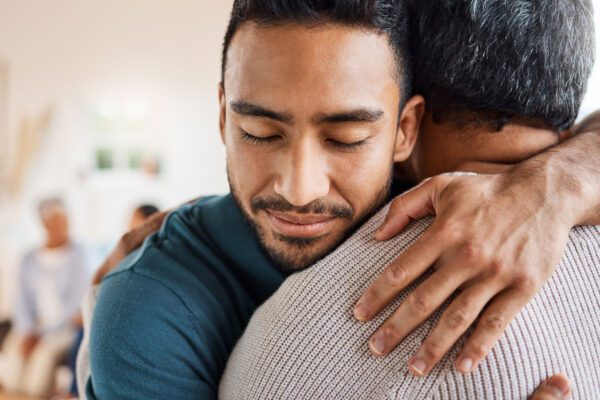
Brain Power
The brain is one of the most incredible and intriguing phenomena of the human existence. Despite approximately 60% of the brain’s matter being comprised of fat, the brain has more individual cell types than any other part of the body. With its almost unlimited storage and unparalleled processing power, it is no wonder that the brain is one of the most researched parts of both human and animal anatomy[i]. March 12-18 was Brain Awareness Week: a week aimed at highlighting some of the brilliant research focusing on the diagnosis, treatment and prevention of brain disorders and diseases.
One of the fascinating features of the human brain is the concept of neuroplasticity or a ‘mouldable brain’. Research has consistently proven that the brain is able to change the physical structure and functioning of itself in response to a person’s life experiences, repeated behaviours, emotions and thoughts[ii]. Similar to a muscle that increases in strength after repeated weight lifting, the brain is trained to engage in particular thought processes or behaviours as they occur more frequently. The brain builds a physical pathway for electrical impulses, which reinforces the habit[iii].
Although this process is applicable to virtually any behaviour, it is particularly powerful when it relates to the release of dopamine: the body’s primary ‘pleasure and reward’ hormone. Originally dopamine was the biochemical that drove humans to seek survival; especially in regards to food, water and sexual impulses[iv]. This hormone is essential to neuroplastic change[v], and in a society where there are so many other things that generate this response – such as drugs or alcohol – our reward systems are in overdrive.
Addiction and our brains
Addiction, whether it is to prescription or illicit drugs, alcohol, gambling or pornography, is a byproduct of the ability of our brains to seek out pleasure and enjoyment. Scientists describe addiction not as a moral failing[vi], but rather a “memory trace that manifests itself by reflex activation of our reward system”[vii].
Addiction Medicine Specialist at The Banyans, Dr Christian Rowan, explains that when addiction or substance dependency develops, our pleasure centers are reprogrammed to only respond to the addictive behaviour or substance. “Once the brain has been rewired in this way, the person will feel as if the addictive substance or behaviour is the only thing that brings relief from physical or emotional pain,” he says.
Two pathways to substance dependancy
Research has shown there to be two different pathways to substance dependency or addiction. Complex environmental and genetic variables have been shown to influence which of these pathways is active in developing a substance dependency or addiction[viii].
1. Physical dependence
The first of these is physical dependence – an experience where the body requires the substance in order to function normally. Dr Rowan identifies physical dependence by two main indicators:
- the presence of physical withdrawal symptoms when the substance is suddenly removed
- and an increased tolerance to the substance before achieving the same effect.
“These kinds of physical dependencies can develop for a whole variety of substances,” Dr Rowan explains. “For example, people who have a headache if they do not drink coffee in the morning are experiencing a physical dependency on caffeine.” More serious physical dependencies are common among people misusing alcohol, cocaine, and a variety of prescribed medications – like antidepressants, sedatives and pain-killers.
2. Addiction
The second form of neuroplasticity is what many people traditionally think of as “addiction”, and is often displayed in increased substance-seeking behaviour. Dr Rowan explains that addiction is most commonly associated with behaviours and substances that produce overwhelming feelings of reward.
“Research that monitors brain activity shows that addictive behaviours or substances tend to release significantly higher levels of the reward hormone compared to natural rewarding activities, like exercise or physical intimacy.” Dr Rowan suggests that this is one reason why people to find it very difficult to overcome their addiction by simply distracting themselves with other things – “nothing quite compares,” he says.
Usually, those with a substance addiction also experience physical dependency. However, unlike physical dependency, the body does not seem to release less dopamine with each encounter. Rather, the positive response tends to heighten rather than diminish with each encounter[ix].
Retraining your brain
Peter Hayton is the Clinical Director at The Banyans Health and Wellness, and is acutely aware of the power of the brain to rebuild itself and recover from substance addiction and dependency. With a background in clinical psychology, Peter endorses a multi-disciplinary approach to treatment and recovery from addiction.
In the exact same way that the brain can be restructured to engage in substance misuse and other addictive behaviour, it can be powerfully retrained to adopt a new path. Through active rewiring of thoughts, feelings and behaviours, “the brain is able to recruit new neural networks” and create new recovery loops free of the addictive behaviour[x].
“It is important to acknowledge that substance abuse does alter the biochemistry of the brain, and this does play a big role in developing and maintaining addictive behaviours. However, you can never fully destroy the brain’s neural pathways.” Small triggers can cause the old pathways to fire up again, and prompt a relapse. This is why complete abstinence is strongly encouraged in addition to psychological treatments[xi].
Peter highlights the value in mindfulness and meditation as one technique that can be utilised to rebuild and activate healthy neural networks. “Many people experiencing addiction or substance dependency feel that they cannot overcome emotional distress without the addictive substance for their coping mechanism. However, mindfulness, meditation and thought restructuring exercises equip you with tools to be able to ‘ride the wave’ so to speak without engaging in the destructive habit.”
It is very important that people have a comprehensive treatment approach. Peter says, “You will not recover just by trying to abstain, as your brain will always try and lead you back down the well worn path that is your neural network. At the same time, you cannot build new neural networks if you are still engaging with the old ones – abstinence is a big key to success.” For those who experience a physical dependency, trying to go ‘cold turkey’ by yourself can be very dangerous, and a medical support component is required.
The Banyans Health and Wellness is a comprehensive, medically supported residence that provides all of the treatment approaches outlined above. Supporting those experiencing drug and alcohol abuse, prescription medication misuse, depression and anxiety, trauma and more, The Banyans Wellness Residence is the perfect place to realise the fullness of life that comes with freedom from these conditions.
If you or someone you care about may be experiencing a physical dependency or addiction, please do not hesitate to contact us for a confidential discussion at 1300 BANYAN (1300 226 926), or email us at [email protected]. Alternatively you can submit an online form below.
[i] Sinrich, J. (2017). Brain Facts that Will Blow Your Mind. [online] Reader’s Digest. Available at: https://www.rd.com/health/wellness/brain-facts/ [Accessed 9 Mar. 2018].
[ii] Alban, D., Lim, E., Burkes, P., Sommer, E., Cheel, S., Syal, Z., Taughinbaugh, C., Tewogbola, P. and Sury, V. (2018). The Neuroscience of Addiction and Recovery. [online] The Best Brain Possible. Available at: https://www.thebestbrainpossible.com/neuroplasticity-addiction-recovery-brain/ [Accessed 9 Mar. 2018].
[iii] Scharff, C. (2013). Neuroplasticity and Addiction Recovery. [online] Psychology Today. Available at: https://www.psychologytoday.com/blog/ending-addiction-good/201302/neuroplasticity-and-addiction-recovery [Accessed 9 Mar. 2018].
[iv] O’Brien, C. (2009). Neuroplasticity in addictive disorders. Dialogues in Clinical Neuroscience, 11(3), pp.350-353.
[v] Alban, D. et al. (2018).
[vi] Harvard Publishing, (2011). How addiction hijacks the brain – Harvard Health. [online] Harvard Health. Available at: https://www.health.harvard.edu/newsletter_article/how-addiction-hijacks-the-brain [Accessed 9 Mar. 2018].
[vii] O’Brien, C. (2009)
[viii] As above.
[ix] O’Brien, C. (2009).
[x] Alban, D. et al. (2009).
[xi] Scharff, C. (2013).












